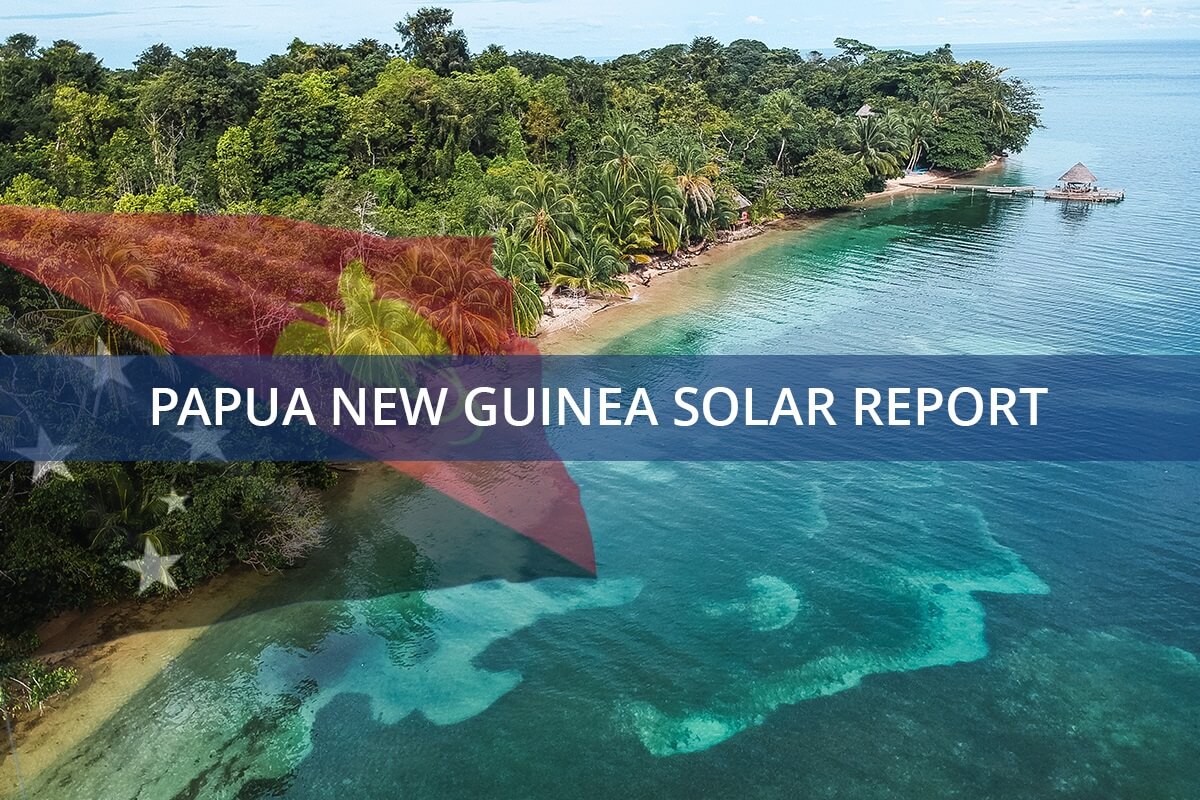Papua New Guinea (PNG) is making significant strides in rural electrification through its off-grid solar program, funded by the World Bank. This initiative aims to provide clean and affordable electricity to remote areas where only 13% of households currently have access to power. The program has already delivered 30,000 solar systems to rural homes, serving 150,000 people, and plans to distribute another 30,000 by the end of 2023. Similar efforts are underway in other regions, with Bolivia investing $325 million in solar electrification for rural families. You can learn more about these initiatives at Bolivia solar electrification.
Transforming Lives with PNG Solar Electrification
The off-grid solar program is part of PNG’s broader Energy Utility Performance and Reliability Improvement Project (EUPRIP), backed by the World Bank and the Global Partnership for Results-Based Approaches. The program specifically targets households unlikely to be connected to the main electricity grid in the near future, providing them with solar home systems that include LED lights, USB ports for charging, and radios.
For example, Lili Aisi, a mother from Port Moresby, has seen a significant improvement in her family’s quality of life since receiving a solar system. Her children can now study at night, and the family enjoys better lighting and access to information through the solar-powered radio. “It has changed our lives,” Aisi said. “We are very happy to have solar.” The program also benefits remote schools and health clinics, enabling them to operate more efficiently and improve services. The Hoen Clinic on Manus Island, for instance, now uses solar power to refrigerate vaccines and provide lighting during nighttime deliveries.
PNG Solar Electrification: National Goals
The PNG government has set ambitious electrification targets, aiming to increase access to electricity from 13% in 2019 to 70% by 2030. More information on PNG’s electrification goals can be found at Papua New Guinea solar electrification: 70% Electrification by 2030. The off-grid solar program is a key component of this strategy, especially for reaching the 80% of the population living in rural areas. By the end of 2023, the program is expected to have delivered solar systems to 300,000 people, significantly contributing to the government’s overall electrification goals.
The program is not only about providing electricity but also about building a sustainable energy future. It supports local businesses by encouraging them to import and distribute quality solar products. The World Bank’s Lighting Global Quality Assurance Framework ensures that all distributed solar products meet internationally recognized quality standards, boosting consumer confidence and fostering market growth. Since the program began in 2021, it has helped expand the solar market in PNG. The number of registered solar businesses has increased from one to seven, with their combined sales rising from 1,000 to 7,000 solar systems per month. This growth has created jobs and stimulated economic activity, particularly in rural areas.
Challenges and Opportunities for PNG Solar Electrification
Despite the program’s success, challenges remain, including the logistical complexities of reaching remote communities scattered across PNG’s diverse terrain, as highlighted by World Bank’s EUPRIP project manager, Jan Kappen. However, Kappen emphasized that the benefits of the program far outweigh the challenges. “The impact of this program is enormous,” he said. “It is a game-changer for rural communities.” While setbacks like the cancellation of the $7 billion “Solar for All” program in the US Solar for All canceled present challenges for global solar initiatives, the PNG experience demonstrates the transformative potential of focused, localized efforts.
Looking ahead, the PNG government plans to continue expanding the off-grid solar program and explore other renewable energy options. The program’s success demonstrates that solar energy can play a crucial role in achieving the country’s electrification and sustainable development goals. Papua New Guinea’s off-grid solar program serves as a model for other nations striving to achieve universal access to electricity through sustainable and impactful initiatives.

